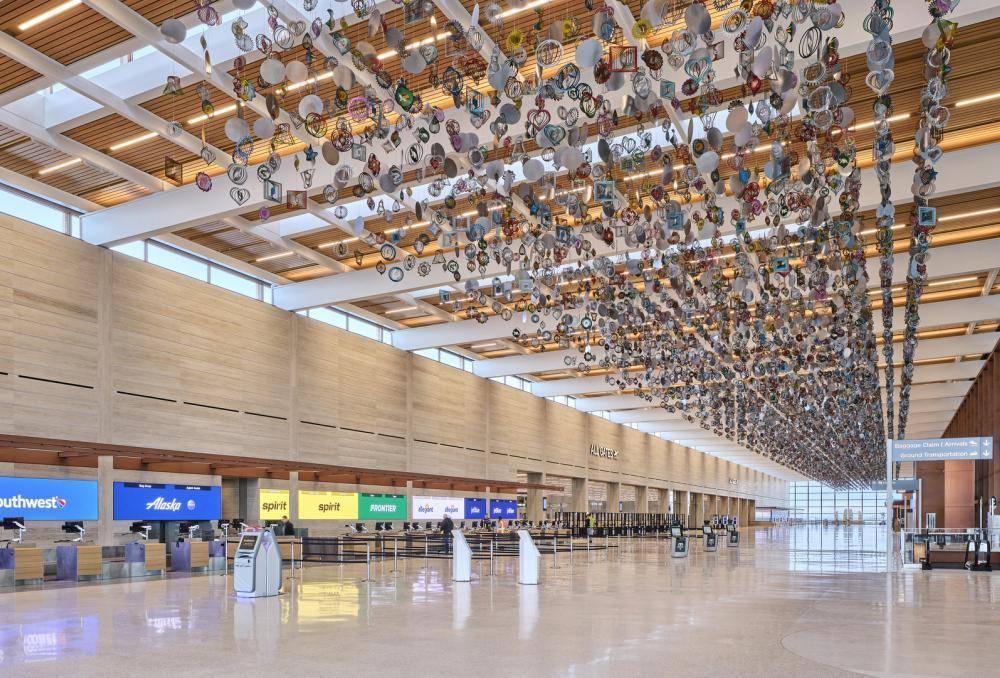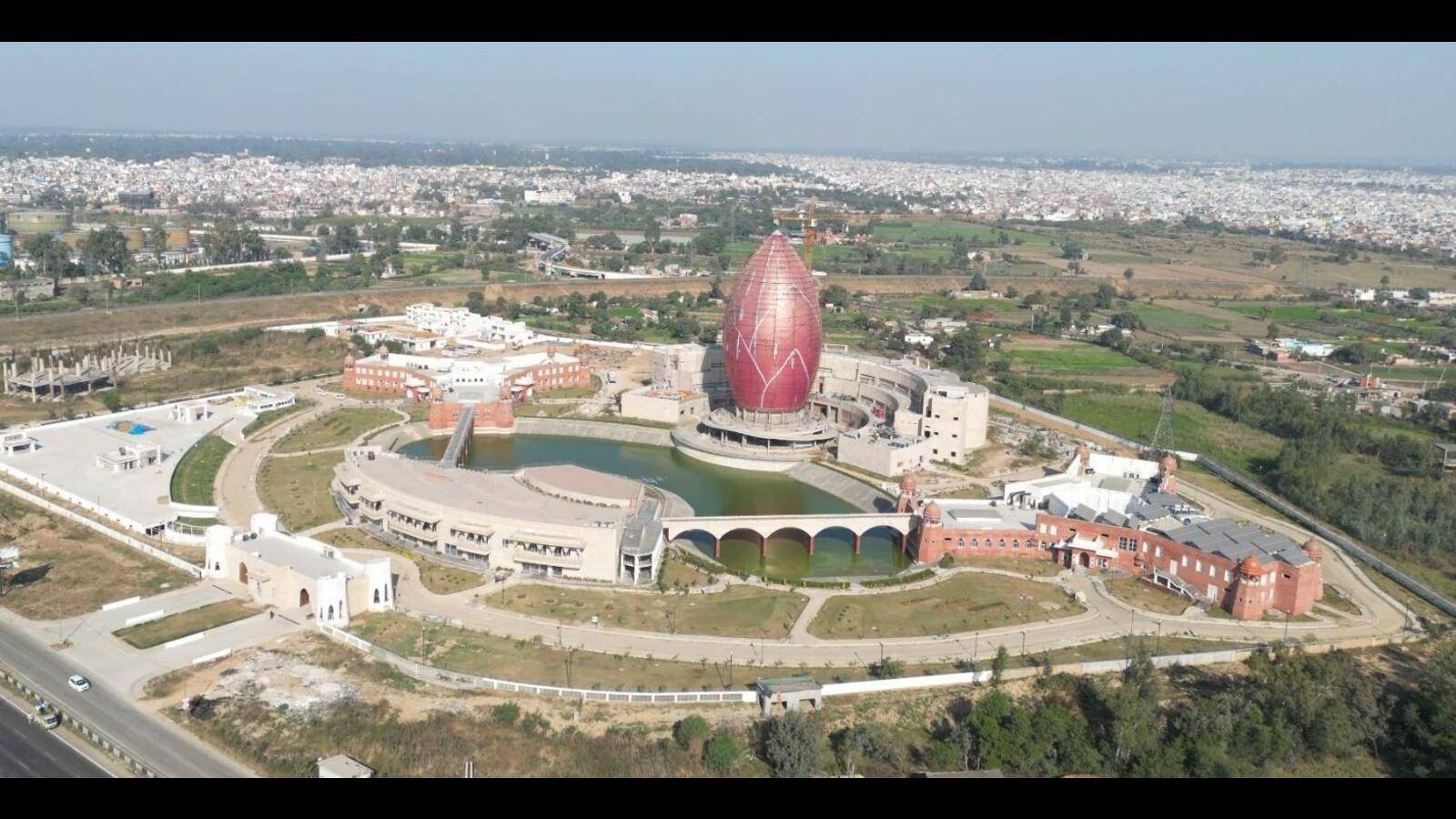The Goa Coastal Zone Management Authority (GCZMA) has imposed an environmental fine of Rs 39.5 crore on the owner of a property in Siolim, Goa, for environmental violations spanning seven years. The owner was found responsible for damaging several coastal ecosystems, including mangroves, sand dunes, mud flats, and salt marshes. This penalty is among the largest in the state's history.
The violation was first reported in 2012 by residents of Vaddy, Siolim, who raised concerns about damage to the local environment. The GCZMA investigated the issue, issuing directives in 2017 for the restoration of the site. These included the removal of a concrete platform built along the Chapora river banks, the restoration of a sluice gate to its original size, and the removal of mud fill from the lagoon area. Additionally, a boundary wall built up to the edge of the river was also ordered to be demolished.
Despite initial directives, the violator failed to comply fully. In 2018, the GCZMA conducted a verification and found that the removal of mud filling from the lagoon had not been completed as required. The GCZMA escalated the matter by involving the deputy collector of Bardez to ensure compliance, and further legal action was pursued. As the violator challenged the GCZMA’s order, the case reached the National Green Tribunal (NGT) and eventually the High Court.
The violator’s attempts to challenge the penalty were dismissed. In July 2021, the NGT rejected a review petition filed by the property owner, stating that the environmental damage caused was significant, and the cost calculations used by the GCZMA were in line with accepted standards. The Goa High Court also passed an order in 2024 directing the GCZMA to recover the penalty and ensure that the violator paid the compensation.
The Rs 39.5 crore penalty was calculated using a method approved by the NGT for determining environmental compensation. This compensation is aimed at addressing the damage caused to ecosystems and funding necessary restoration efforts. The GCZMA emphasized that the polluter pays principle was applied, ensuring that those responsible for environmental harm bear the cost of rehabilitation rather than taxpayers.
The decision followed persistent complaints from local residents, environmental groups, and ongoing monitoring by authorities to enforce compliance. In 2022, the Goa Paryavaran Savrakshan Sangarsh Committee had approached the NGT to halt unauthorized construction in the coastal regulation zone (CRZ). The NGT responded by directing the property owner to comply with the GCZMA's orders or face further enforcement actions..
Image source- czma.goa.gov.in









.png)